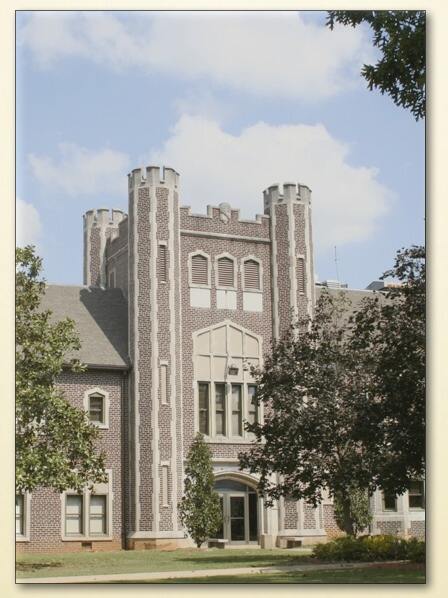About the College of Arts and Sciences

College Leadership and Instruction Bylaws
Overview
The College of Arts and Sciences at the University of Tennessee at Chattanooga proudly celebrates and champions liberal education, an approach to teaching and learning that aims to liberate the human mind from habit and ignorance by emphasizing a broad and well-rounded course of study in the humanities, the fine arts, and the social, behavioral, and natural sciences. A liberal arts and sciences education prepares individuals to think critically and creatively, to communicate clearly, and to reflect on complexity, diversity, and change along our social, cultural, technological, and scientific horizons. In doing so, a liberal education cultivates a sense of personal and social responsibility, strong intellectual and practical skills ( e.g., written and verbal communication skills, analytical skills, information literacy, and problem-solving skills) that cross disciplinary boundaries and fields of study, along with the ability to apply such knowledge and skills in real-world settings.*
Dedicated to essential academic pursuits—instruction, research, creative expression, and public service—the College of Arts and Sciences pursues excellence in undergraduate and graduate education as its principal mission. The College’s top priority, therefore, is effective teaching in our major, minor, and graduate programs—programs through which students are educated for enriched lives and successful careers. Through its role in providing the majority of the University’s General Education program, along with our rigorous undergraduate and graduate programs, the College pursues a particular commitment to strengthen the intellectual skills of all students while developing their awareness and appreciation of the humanities, the fine arts, and the social, behavioral, and natural sciences.
Mission
Our mission is to provide an environment for intellectual curiosity and a foundation for life-long learning, thinking, reflection, and growth; to equip students with transferrable skills—critical thinking, communication, and complex problem solving skills—that are needed to adapt and succeed in a rapidly evolving world; to advance cultural and intellectual diversity ( e.g., studying competing theories as well as intellectual advancements within and beyond Western traditions); to advance new knowledge through research (theoretical and applied) and creative activities; and to advance integrated service as a part of personal and social responsibility.
* According to a 2013 survey conducted by Hart Research Associates on behalf of Association of American Colleges and Universities, 74% of employers recommend a liberal education to college-bound students. A full report on the survey and its complete findings is available at www.aacu.org/leap.
Revised 9/2016